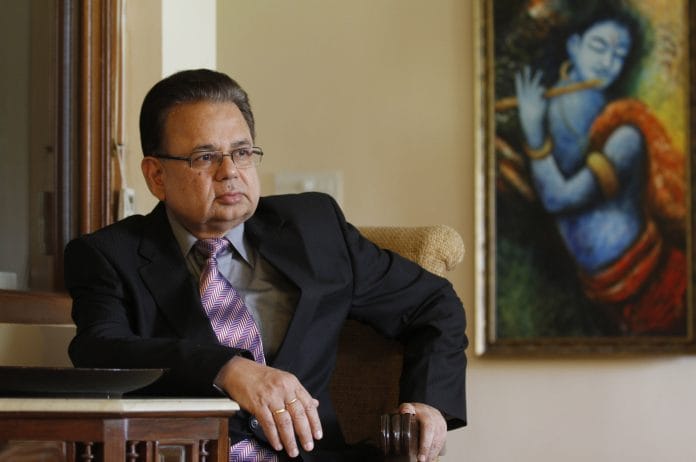Dalveer Bhandari known for several landmark orders, was selected as a judge in the International Court of Justice for the second time with support from both UN General Assembly and Security Council.
Retired Indian judge Dalveer Bhandari, who was elected to a second term as a judge in the International Court of Justice Monday, has had an illustrious career as a lawyer and a judge in India’s judiciary.
Both the United Nations General Assembly and the Security Council showed overwhelming support for his candidature Monday.
He secured 183 of 193 votes in the United Nations General Assembly and all 15 votes in the Security Council, forcing his competitor, Sir Christopher Greenwood of Britain, to drop out of the race and allow Bhandari to claim the last seat in the world court.
Bhandari followed in the footsteps of his father, Mahaveer Chand Bhandari, and grandfather, B.C Bhandari, both well-known lawyers, and was himself regarded an eminent member of the Rajasthan Bar.
In 1977, he moved to Delhi where he practised as a lawyer in the Supreme Court until his elevation as a judge in the Delhi High Court in March 1991.
He chaired several committees such as the Delhi High Court Legal Services Committee, the advisory board of Delhi for Conservation of Foreign Exchange and Prevention of Smuggling Activities Act, 1974 (COFEPOSA) and the National Security Agency for a number of years.
He was also an executive member of the International Law Association, India Chapter and the Chairperson of the Delhi Centre of the International Law Association.
In 2004, Bhandari was appointed chief justice of Maharashtra and Goa where he was instrumental in setting up the ‘Information Centre for the Litigants’ in the Bombay High Court and mediation and conciliation centres all over Maharashtra.
He was elevated as a judge of the Supreme Court in 2005 where he made several landmark judgements such as the incorporation of irretrievable breakdown of marriage as a ground for divorce in the Hindu Marriage Act, 1955.
Many of his orders have compelled governments to make policy changes that benefit poorer sections of society.
For instance, the orders he delivered in the food-grains matter led to the release of a higher quantum of supply of food grains to populations living below the poverty line; his orders in the night-shelter matter led to state governments making provisions for night shelters for homeless people all over the country; and his orders in the right to free and compulsory education for children case led to the availability of basic infrastructural amenities in primary and secondary schools all over the country.






